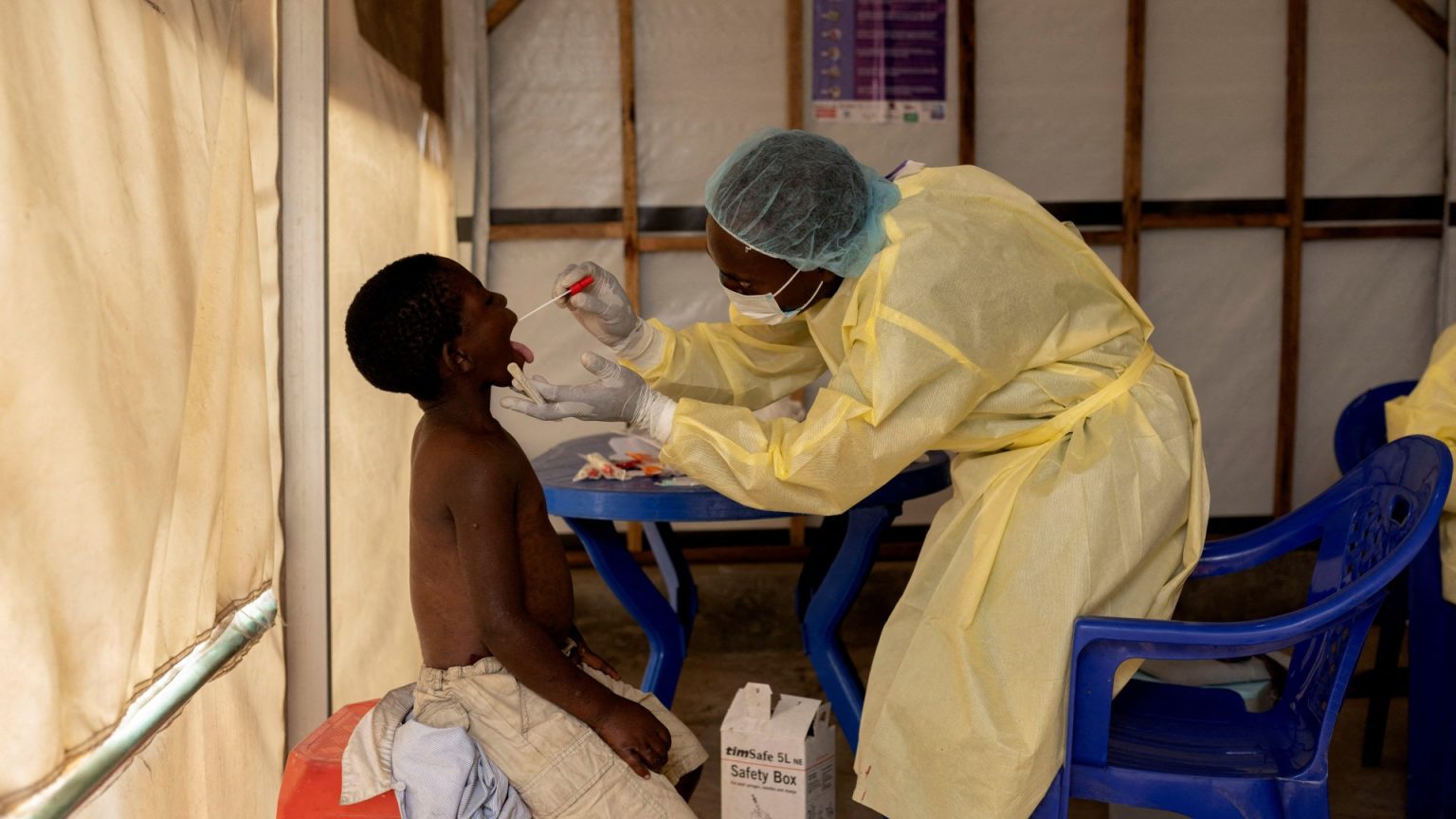More than 70 people, including almost half children, have died in Congo from a mystery flu-like disease, with symptoms suggesting it is caused by a respiratory bug. The deaths occurred within a two week period in November in the Panzi health zone of Kwango province. Health Minister Roger Kamba confirmed 71 deaths and 382 cases, with ten deaths due to lack of blood transfusions and 17 from breathing complications. Symptoms include fever, headache, cough, anaemia, and difficulty breathing. Epidemiological experts have arrived to collect samples and investigate the disease, while local officials have warned against touching the bodies of deceased loved ones to avoid contamination.
A civil society leader in Congo described the situation as “extremely worrying”, citing issues with the supply of medicines in rural health zones like Panzi. The World Health Organization (WHO) has been alerted to the disease and is working with DRC’s public health ministry to investigate further. This comes after a recent outbreak of an ultra-deadly strain of mpox in the DRC, which was declared a global public health emergency by the WHO. A previous Ebola epidemic in Congo in 2019, which claimed over 1,600 lives, was also declared an international health emergency after cases were found in a city of 2 million people.
The mystery flu-like bug in Congo has so far presented symptoms such as fever, headache, cough, anaemia, and difficulty breathing. The outbreak has prompted a desperate plea for medical supplies and international aid to deal with the unfolding crisis. Local authorities are working to prevent further contamination and have been educating people on the risks of handling deceased bodies. The WHO is conducting further investigations and collaborating with DRC’s health ministry to understand the nature of the disease and provide necessary support to the affected regions.
The outbreak in Congo is particularly alarming due to the high number of deaths, especially among children, and the rapid spread of the disease within a short period of time. The scarcity of medical supplies in rural areas like Panzi poses additional challenges in treating and controlling the outbreak. The presence of respiratory symptoms suggests the disease is caused by a respiratory bug, adding to the urgency of identifying and containing the source of the illness. International agencies like the WHO are stepping in to assist the local authorities in managing the crisis and providing the necessary resources to tackle the outbreak effectively.
The situation in Congo highlights the vulnerability of rural communities to health crises and the importance of strong healthcare infrastructure and medical supplies in remote areas. The need for international aid and support in tackling the outbreak underscores the interconnectedness of global health challenges and the necessity for coordinated responses to contain and prevent the spread of infectious diseases. The rapid response by local and international health agencies in investigating and responding to the outbreak is crucial in minimizing the impact on affected communities and preventing further escalation of the crisis. Ongoing monitoring and surveillance efforts will be essential in monitoring the situation and implementing control measures to contain the outbreak effectively.











